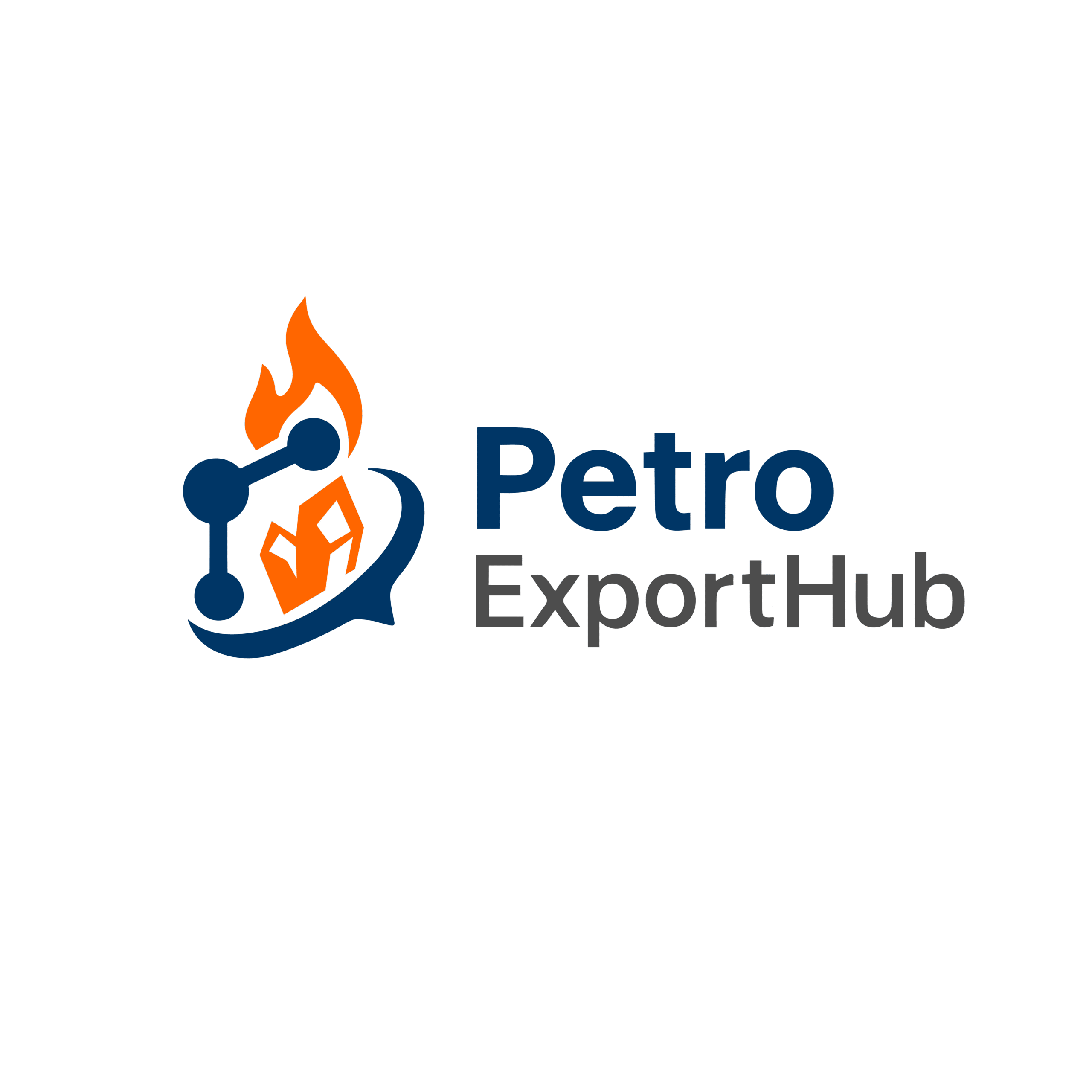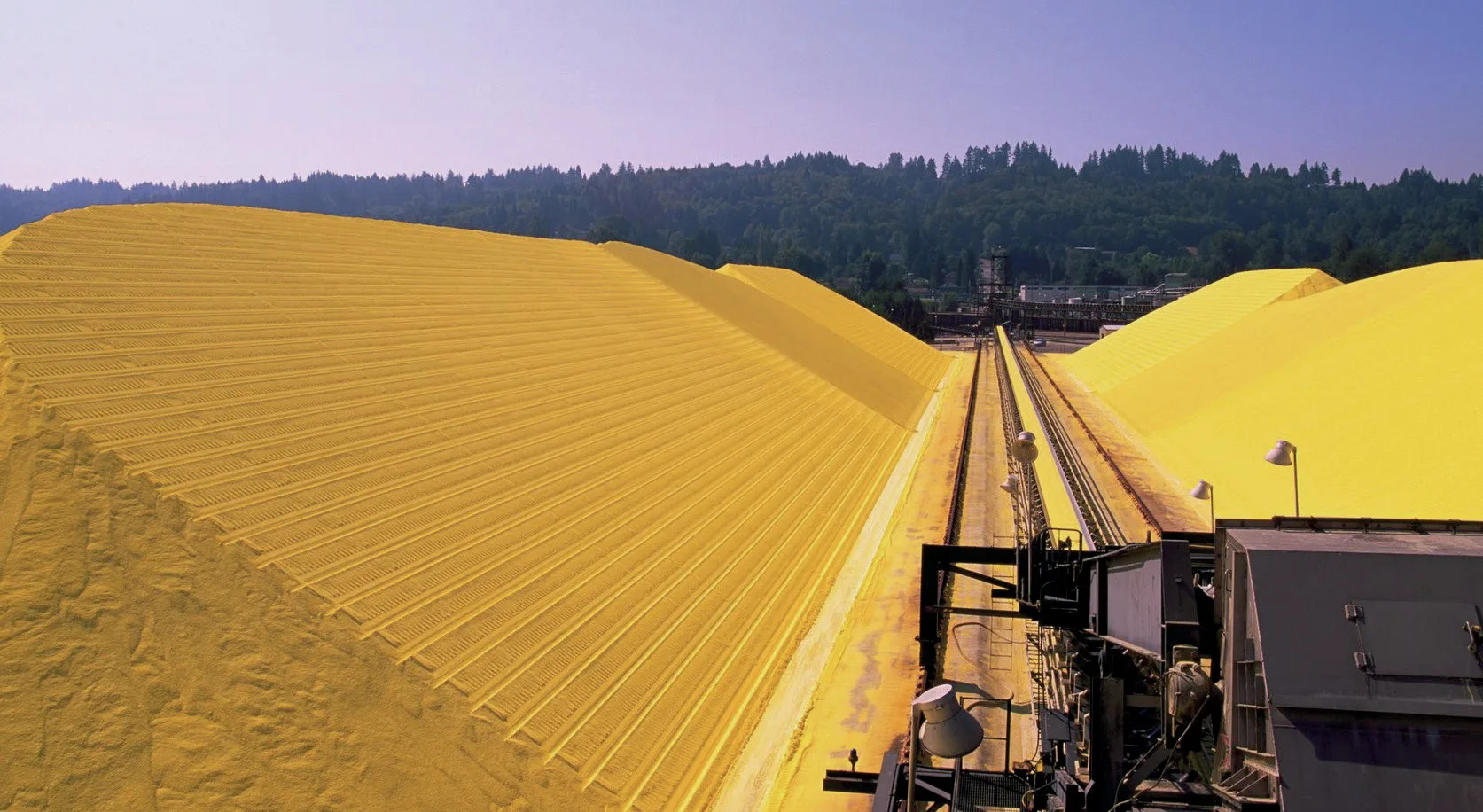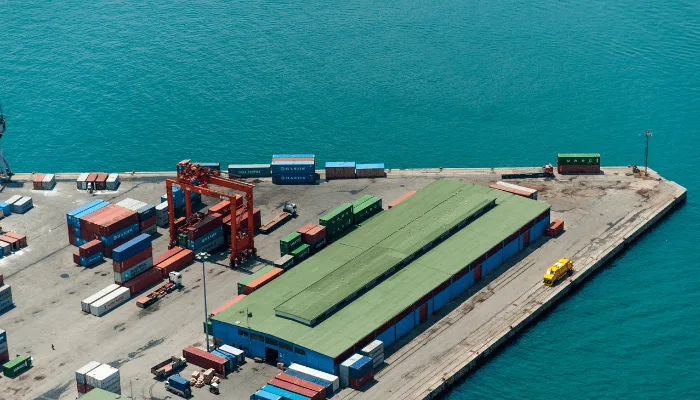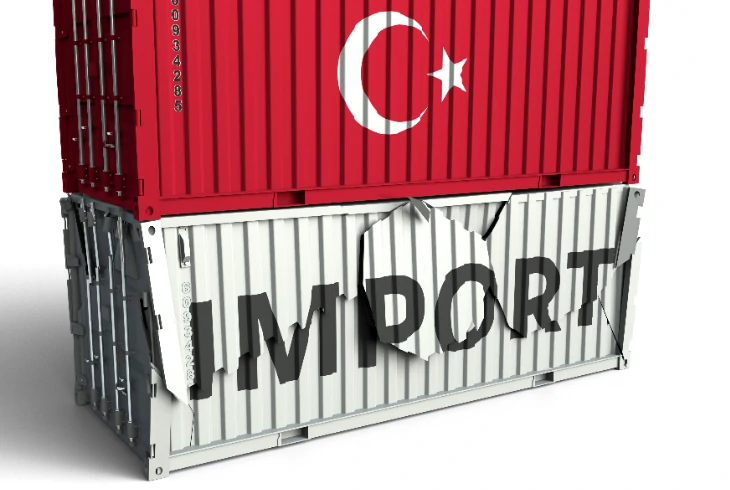Export to Turkey
Export to Turkey: A Complete Guide for Iranian Chemical & Petrochemical Exporters
Turkey is one of the most strategic markets for Iranian exporters, especially in the field of petrochemicals, chemicals, and industrial raw materials. With its proximity to Iran, well-established logistics infrastructure, and high demand in sectors such as construction, agriculture, and manufacturing, Turkey serves as a natural gateway to Europe and Central Asia.
✅ Why Export to Turkey?
Strategic Location: Turkey bridges Asia and Europe, giving access to over 1.5 billion consumers.
Strong Industrial Demand: Key industries like agriculture, plastics, packaging, and textiles heavily rely on imported chemical materials.
Free Trade Agreement (FTA): Iran and Turkey benefit from preferential tariffs on many goods, lowering export costs.
Lower Logistic Costs: Road and rail access between the two countries allows for cost-effective and fast deliveries.
🧾 Key Chemical & Petrochemical Products Exported to Turkey
Urea (for agriculture and fertilizer manufacturers)
Sulfur (for rubber & chemical industries)
Methanol
Polyethylene (LDPE, HDPE)
Bitumen and base oils
Caustic soda and solvents
Make sure your products meet Turkish standards (TSE) and international quality documentation (e.g., MSDS, COA).
📦 Step-by-Step Process of Exporting to Turkey
1. Market Research & Product Positioning
Understand Turkish demand: which products are in shortage?
Use platforms like TurkStat, Turkish Chemical Manufacturers Association, and B2B websites.
2. Compliance with Turkish Regulations
Labeling & Packaging must comply with Turkish and EU regulations.
Chemicals must meet REACH compliance or local Turkish safety regulations (KKDIK).
Ensure HS codes are correct to avoid customs delays.
3. Prepare Your Export Documents
Required export documents include:
Commercial invoice
Packing list
Certificate of origin
Transport document (CMR, B/L)
MSDS (Material Safety Data Sheet)
Product specification & test report
Optional: Third-party inspection report (e.g., SGS, Bureau Veritas)
4. Choose the Right Delivery Terms (Incoterms)
For Turkey, common Incoterms are:
DAP (Delivered at Place) – most common, seller handles transport
CFR/CIF – used in bulk shipments via sea
EXW or FCA – buyer arranges pickup
5. Customs Clearance in Turkey
Turkish importers must have a valid “Turkish Tax Number” and register their business with customs. Clearance is generally smooth but must be handled by a licensed customs broker (gumruk müşaviri).
6. Logistics & Delivery
Road Freight: Most cost-effective and fast (~2-5 days transit)
Sea Freight: Preferred for bulk and heavy cargo
Rail Freight: Available via international corridors (less common)
💼 Finding Buyers & Distributors in Turkey
Attend trade shows like TURKCHEM or PLAST EURASIA
Use B2B portals (Alibaba, Kompass, TurkishExporter)
Partner with Turkish agents/distributors
List your products on platforms like PetroExportHub
Leverage LinkedIn and professional communities in Turkey
💡 Tips for First-Time Exporters
Translate all documents and product info to Turkish and English
Get export credit insurance (ECI) or use letter of credit (L/C)
Build trust with small initial shipments
Work with a local consultant or lawyer for legal compliance
Provide samples or trial shipments when possible
🌍 Export Challenges & How to Overcome Them
| Challenge | Solution |
|---|---|
| Language barrier | Work with bilingual staff or local partner |
| Changing regulations | Subscribe to trade bulletins or partner with compliance experts |
| Payment risks | Use secure payment methods (LC, advance payments) |
| Logistics delays | Work with experienced freight forwarders & plan in advance |
Use PetroExportHub to Simplify Your Export Journey
Our platform helps connect you with verified Turkish buyers, provides updated regulatory guidance, and automates your export workflow using AI tools. From order registration to document generation, we streamline every step.
Coming soon: Mobile app & integrated export tools for Turkey and beyond.
🏁 Final Thought
Exporting to Turkey can open massive opportunities for Iranian businesses in the chemical and petrochemical sectors—but only if done professionally. By understanding the legal frameworks, local market expectations, and logistical solutions, you can turn Turkey into a reliable trade partner and launchpad for broader international growth.
Export to Turkey ?
- Let PetroExportHub connect you with serious buyers and help you stay .
- competitive in a changing market
- info@petroexporthub.com
- www.petroexporthub.com

Related posts
Mono Ethylene Glycol (MEG) serves as a cornerstone for modern antifreeze and coolant formulations, offering reliable freezing protection and heat resi . . .
2 minute
Read more
Explore Solvent 100’s specs, uses, and export opportunities from Iran. Ideal for paint, ink, and adhesive buyers in India, Turkey, UAE, and Africa. . . .
3 minute
Read more
Explore everything you need to know about exporting sulphur from Iran in 2024 — including types, packaging, documents, ports, prices, and top import . . .
2 minute
Read more
Explore Iran’s top ports for petrochemical exports, including Bandar Imam Khomeini, Assaluyeh, and Bandar Abbas. Compare infrastructure, accessibili . . .
2 minute
Read more
Learn the key differences between polypropylene (PP) and polyethylene (PE), their applications, advantages, and how to choose the right polymer for yo . . .
2 minute
Read more
Discover how a Turkish plastics manufacturer reduced costs by 22% through importing HDPE from Iran. Real-world case study by PetroExportHub. . . .
2 minute
Read more
Learn why Iran is a leading exporter of polyethylene (PE). Discover grades, global applications, and how PetroExportHub connects buyers with top suppl . . .
1 minute
Read more
We are here to answer your questions....
+ 989127607241
Petro Export Hub
PetroExportHub specializes in the export of premium-grade petrochemicals, minerals, and industrial chemicals from Iran, serving international markets with reliability, transparency, and tailored logistics solutions
Tehran Office
Phone:
+989127607241
Address:
Tehran..
German Office
TEL :
+4915161647487
Address:
Heilsbronne 99441, Nuremberg
Quick Access
Quick Access
- Contact Our Sales Team
- Frequently Questions
- Shipping & Logistics
- Become a Partner
- Certificatins & Quality







